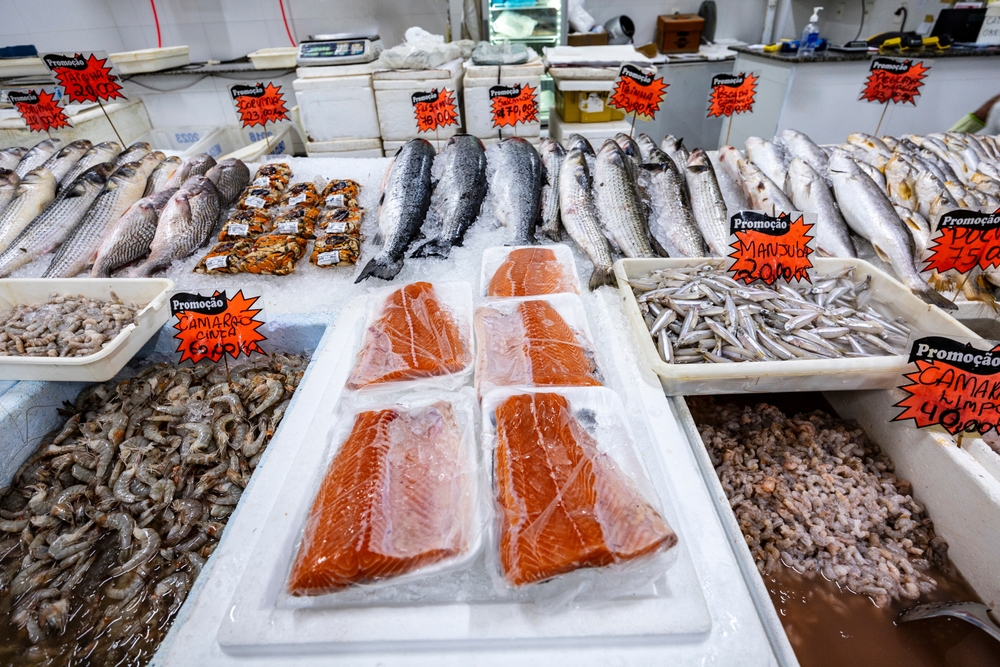
Food waste is a problem that affects our wallets, our environment, and our communities. Every year, households throw away perfectly good groceries because of confusion over shelf life. Knowing a few key facts about shelf life can help you save money and reduce waste right away. It’s not just about reading the dates—understanding what they mean and how food really behaves is what matters. Let’s break down eight shelf life facts that can help you stop food waste immediately and make smarter choices every time you shop or cook.
1. “Best By” Dates Are Not Expiration Dates
The most common cause of food waste is misunderstanding the difference between “best by,” “sell by,” and expiration dates. Most products use “best by” dates to signal peak quality, not safety. That means your crackers, pasta, or cereal might taste freshest before that date, but they’re still safe to eat long after. Before tossing out food just because the date has passed, check for changes in smell, appearance, or texture. If it looks and smells fine, it probably is.
2. Shelf Life Depends on Storage
How you store your groceries can double or triple their shelf life. Bread lasts much longer in the freezer than on the counter. Dairy stays fresh on the fridge’s bottom shelf, not the door. Even fruits and vegetables have specific storage tips—apples prefer the fridge, while tomatoes do better on the counter. Proper storage can stop food waste immediately by keeping food safe and tasty for longer.
3. Canned Foods Last for Years
Don’t let a date on a can fool you. Most canned goods have a shelf life of two to five years when stored in a cool, dry place. The food inside stays safe because it’s sealed from air and bacteria. Dents or rust can be a problem, but otherwise, those canned beans or veggies are still good long after the printed date. This makes canned goods a smart choice for your pantry and a reliable way to cut down on unnecessary food waste.
4. Freezing Stops the Clock
Freezing is your best friend when it comes to extending shelf life. When you freeze food, you pause the spoilage process almost completely. Meat, bread, cheese, and even some dairy products freeze well. Label items with the date you froze them, so you know what to use first. Freezing leftovers or surplus before they go bad is a simple way to stop food waste immediately and save money on groceries.
5. Eggs Stay Fresh Longer Than You Think
Eggs often get tossed too soon. In fact, eggs can last three to five weeks in the refrigerator, even after their “sell by” date. To check if eggs are still good, try the water test: place an egg in a bowl of water. If it sinks, it’s fresh. If it stands upright or floats, it’s time to let it go. Don’t rely solely on the date—use your senses and simple tests to avoid wasting perfectly good eggs.
6. Dry Goods Are More Resilient
Pasta, rice, flour, and oats are pantry staples with a long shelf life. Kept in airtight containers, these foods can last months or even years past their “best by” dates. Watch for pests, moisture, or off smells as indicators of spoilage. Otherwise, these dry goods are safe to use and perfect for meal planning with minimal waste.
7. Spoilage Signs Matter More Than Dates
Your senses are often the best guides for food safety. Mold, sour smells, or strange textures are clear signs that the food should go. If a product looks, smells, and tastes normal, it’s likely still safe, even if the date has come and gone. Trust your judgment and remember that shelf life is about quality, not just what’s printed on the package. This mindset can stop food waste immediately and help you make the most of every grocery trip.
8. Some Foods Improve With Age
Did you know certain foods actually get better over time? Cheese, cured meats, and fermented products like kimchi or sauerkraut develop deeper flavors as they age. As long as they’re stored properly and show no signs of spoilage, these foods are safe and delicious well past their “best by” dates. Knowing this can reduce waste and add variety to your meals.
Take Action to Stop Food Waste Immediately
By understanding how shelf life works, you can make smarter decisions about what to keep and what to toss. Simple steps like checking for spoilage, adjusting storage methods, and using your freezer can make a real impact. Every bit of food you save means less money wasted and less strain on the environment.
If you’re looking for more practical tips on saving food and money, check out these ways to reduce wasted food at home or visit Save the Food for creative meal planning ideas. Start small and notice the difference in your grocery bill and your trash can. Which shelf life fact surprised you most, or do you have a tip to share? Let us know in the comments!
What to Read Next…
- 15 Ways Shoppers Might Encounter Expired or Near Expired Food and How to Check
- The Truth About Expiration Dates What You Can Actually Keep Longer
- 8 Popular Foods That Spoil Faster Than You Think
- Avoiding Food Waste How Meal Planning Can Save You Hundreds to Budget for Household Utilities
- The Top 10 Most Wasted Foods in American Homes and How to Stop Throwing Away Money
The post 8 Shelf Life Facts That Stop Food Waste Immediately appeared first on Grocery Coupon Guide.







